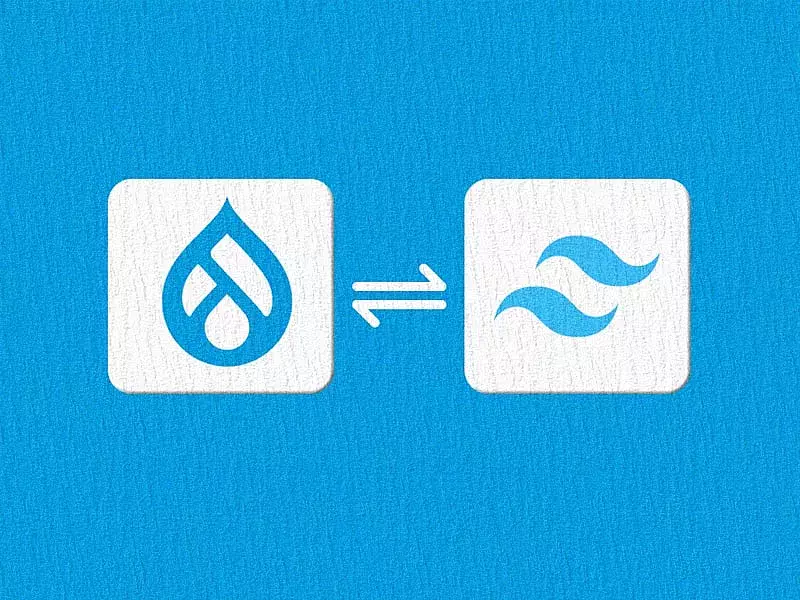
Ever thought why Drupal sites are so popular these days? Well, ability to handle high web traffic is one of the major reasons behind this! Compared to a site built on other CMS framework, a site built on Drupal CMS has the advantage of boosting and handling a bulky amount of web traffic.
Also, as compared with other CMS framework, Drupal proves to be more flexible, secured, SEO-friendly, and interactive. Thus, by building a site on Drupal, you can turn a site into a high traffic generating one! Listed below are some of the Drupal modules that are commonly used to increase website traffic; get acquainted with them to turn your site into a mean-machine that can generate and also handle great amount of website traffic!
Clean URLs to Increase Website Traffic
Having clean URLs is a smart move to generate more web traffic! Drupal has a unique feature of labelling each of the URLs with an ID; both Drupal 7 and Drupal 8 have this feature. By doing so, the framework turns all the URLs readable, which in return helps the page visitors with search and return operations. e.g.: While searching for resource in a site with URL 'xyz.com', the final URL will almost be like: 'xyz.com?q=resources'.
On the other hand, if it is a Drupal site, the URL will appeal as 'xyz.com/resources', which provides a better and clear understanding, and is extremely easy to remember.
Search 404 Module in Drupal Sites
With most other CMS frameworks, visitors are usually redirected to a 404 error page in case the link doesn’t exist anymore. However, in Drupal websites, the Search 404 Module redirects a user to a page with search results rather than showing an error page.
This provides the page visitors with other options and ample of scope to continue with the page; in other words, it helps the site to retain its audience. Retaining page visitors also helps the site to minimise the bounce rate of a page, which again helps in maintaining SEO ranking of the page.
Redirect Module in Drupal Websites
Redirect Module works similar to 404 error modules. It becomes functional in case of a 301 error, and redirects the page visitors to the closest or most relevant results if the server fails to detect a page due to any reason (ex: removed during maintenance).
Thus, Redirect Module helps in retaining page visitors in case a page is removed or deleted by accident. Also, redirecting visitors to the best possible pages help in preserving links of pages that don’t exist anymore. This module was introduced with Drupal 7 and is succeeded by an alpha version in Drupal 8.
Metatag Module in Drupal Websites
Search engines are driven by how well you optimize your content. Optimizing content does not only mean stuffing high-competition keywords within it; one has to take care of keyword density and avoid over-stuffing content with irrelevant keywords.
Search engines usually read browser title, descriptions of a page, and several other aspects to determine the content of a page. This means, content optimization is simply incomplete without describing the appropriate metatag. With the Metatag Module in Drupal 7 or Drupal 8, you can customise browser titles and describe the content of your site to search engines for better SEO results.
Path Auto Module in Drupal Sites
With the Path Auto Module, a page can automatically decide the URL based on the type of the defined or published content. It allows the users to avoid specifying manual paths, and consequently avoid shooting the proverbial SEO foot.
Path auto modules can be configured automatically to redirect a new path. Also, if your content has a keyword-rich title, this module decides the URL of the content based on the title. This module was a prominent feature of Drupal 7 and is also included in Drupal 8. e.g.: For the blog title - 'Top 7 Drupal Web Design Trends For 2017', this module can easily pick a URL like: blog/top-7-drupal-web-design-trends-2017.
XML Sitemap Module in Drupal Sites
Indexing a site on search engines is extremely important. Once indexing is done, search engines usually take some time to find a page and determine the location of its content.
XML Sitemap Module helps a site by indexing it automatically in multiple search engines. It also creates a detailed sitemap about where to crawl for content and also improves the time required to find the page. It basically extracts all the required information from all the metadata and URL within the site.
Partner with Specbee Consulting Services for cutting edge Drupal development services. Get assistance from our Drupal team and our Digital marketing experts to increase traffic in your website; our expert Drupal services ensure high performance no matter how heavy the traffic is to your website.







